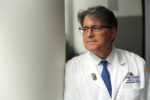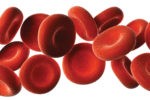Cancer: Transcending Every Border and Barrier to Unite
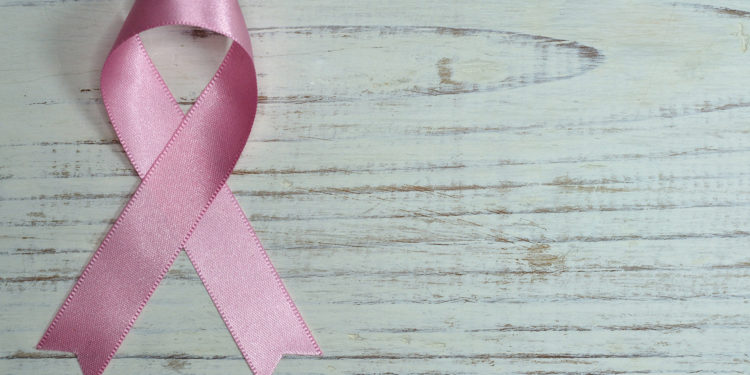
We talk about cancer in almost every issue of Healthy Kansas City, so why do we want to highlight World Cancer Day? Because it is the one cancer initiative that transcends every border and barrier to unite us against a common, wretched, and formidable foe — cancer.
Honored each year on February 4th, World Cancer Day provides a collective “war room” for everyone across the world to gather, show support, raise awareness, raise their voice, take personal action, and press governments to do more. While every country has various health observances, World Cancer Day is the only global health awareness day, encouraging everyone to stay strong and active in the fight against cancer.
This year, the event theme is “I am and I will.” It is a theme we think is very fitting to our community of readers. There is no question that we are committed to the fight and we believe together we WILL win. In honor of World Cancer Day, we encourage all of our readers to get involved and empower themselves with the knowledge to fight a foe responsible for 9.6 million deaths worldwide in 2018.
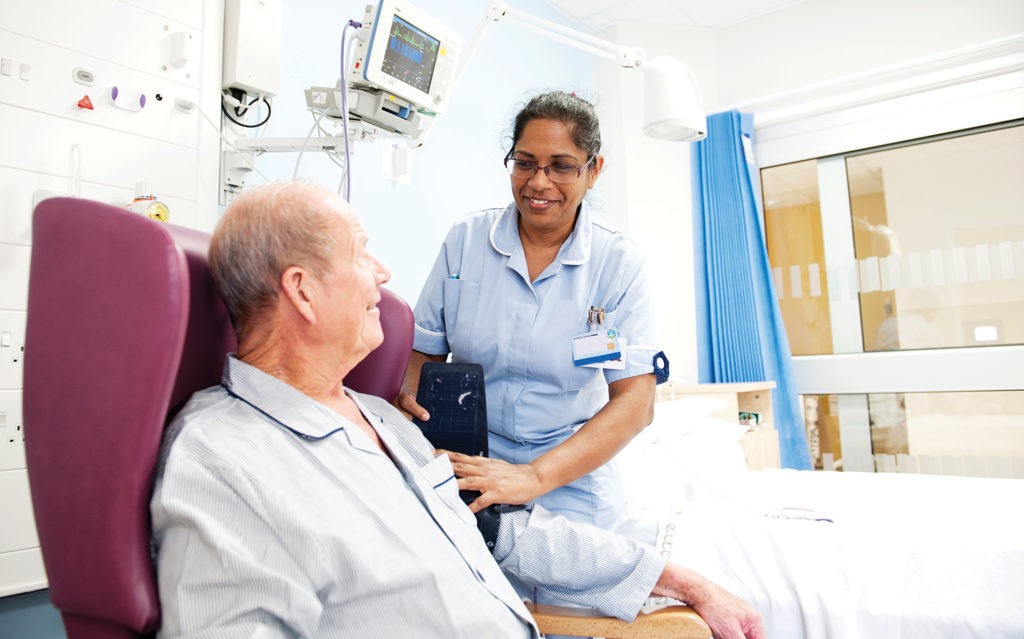
Awareness and Action are Increasing
Today, it is difficult to imagine a society before the pink ribbon, or any other awareness campaigns. But there was a before. All you need to do is think back to 1971 to see the real change. It was then when President Nixon signed the National Cancer Act which represented the U.S. commitment to what he called “the war on cancer,” which had become our nation’s second leading cause of death by 1970. At that time, cancer was something about which one whispered even though it was ravaging so many lives. Because knowledge of it was so limited, most felt completely helpless to take action. Then in 1974, First Lady Betty Ford had a mastectomy after being diagnosed with breast cancer and held a press conference to promote self-examinations and screenings. As a result, millions of women took her advice, including Happy Rockefeller, wife of Vice President-designate Nelson Rockefeller, who discovered her own malignant lump just two weeks later. The First Lady’s act caused a wave of action that led to a spike in reported incidents of breast cancer known as the “Betty Ford Blip”.
Today, along with World Cancer Day, there are numerous campaigns to raise awareness around particular types of cancers, such as breast, lung, prostate, and brain cancers among many others. We support these campaigns because awareness leads to action, and even small acts can provide just the right momentum to encourage others to take action and put cancer in its place.
Cancer Isn’t One Disease
You’ve heard it. “If we can land on the moon, why can’t we cure cancer,” or “If we can harness the power of the atom, why can’t we find a cure?” Alas, if only it were so simple. It is crucial to remember that cancer is not one disease. It’s one name that covers over 200 complex and unique diseases. Even individual tumors of the same type can vary substantially from one patient to the next and the same type of tumor in different parts of the body can respond differently to the same treatment. Just as perplexing, cancer cells are living organisms trying to survive, spreading and mutating just as aggressively as we are fighting.
World Cancer Day helps ensure that the worldwide medical community stays committed and invigorated in the battle against each of these individual diseases and stays invested in their individual research and cures. Simply put, as a community we have to be more aggressive and more adaptive than cancer cells. We cannot lose heart even when the battle is long, or costly, or fraught with constant setbacks. Only worldwide research can enhance our knowledge and us to develop more effective treatments for the host of cancer diseases. With research continuing across the world and many hands at work, while there will be setbacks, there will also be successes celebrated by all.

We’re Gaining Valuable Knowledge About Risk Factors
Every day we are gaining ground on cancer with new discoveries about the body and the factors that contribute to its occurrence. While genetics play a significant role in many cancers, we now understand that lifestyle choices, such as smoking, diet, weight, having a sedentary lifestyle can also increase the risks to certain cancers.
Having a world platform provides the opportunity to disseminate what we do know to the public. It also provides a way to encourage change in our communities to improve those lifestyle choices that will lead to reduced risks.
Since we can’t change every risk factor, such as genetics or age, it is important to do all we can to disseminate information about those risks we can lower.
We Understand More About the Unequal Burden
With rising awareness and research, we know that the rates of new cancer cases and cancer deaths vary widely between racial and ethnic groups. Black men continue to have the highest cancer incidence and death rates, and Asian Americans the lowest.
Today we understand some of the major causes of this disparity, which includes poverty and access to high-quality healthcare. Understanding this allows us to apply our existing knowledge about fighting cancer across all segments of the population and allocate more resources where needed.
Survival Rates are Improving
Increased awareness directly impacts the increase in research and funding for screenings. This has directly impacted survival rates. In the U.S., the death rate from cancer has declined 23% from its 1991 peak, according to the American Cancer Society, though some cancers continue to be on the rise. The rise in early detection provides better survival rates, but some screenings, such as colonoscopies, have the added benefit of identifying early-stage colorectal cancer and identify precancerous growths which help individuals avoid cancer altogether.
New Treatments are Being Developed
We live in one of the most clinically exciting times in cancer research ever. Though cancer is one of the most complex diseases we face, we have been making tremendous strides in treatments. Along with more successful surgery, chemotherapy, and radiotherapy treatments, we now have newer treatments such as immunotherapy and targeted therapies as options in the battle.
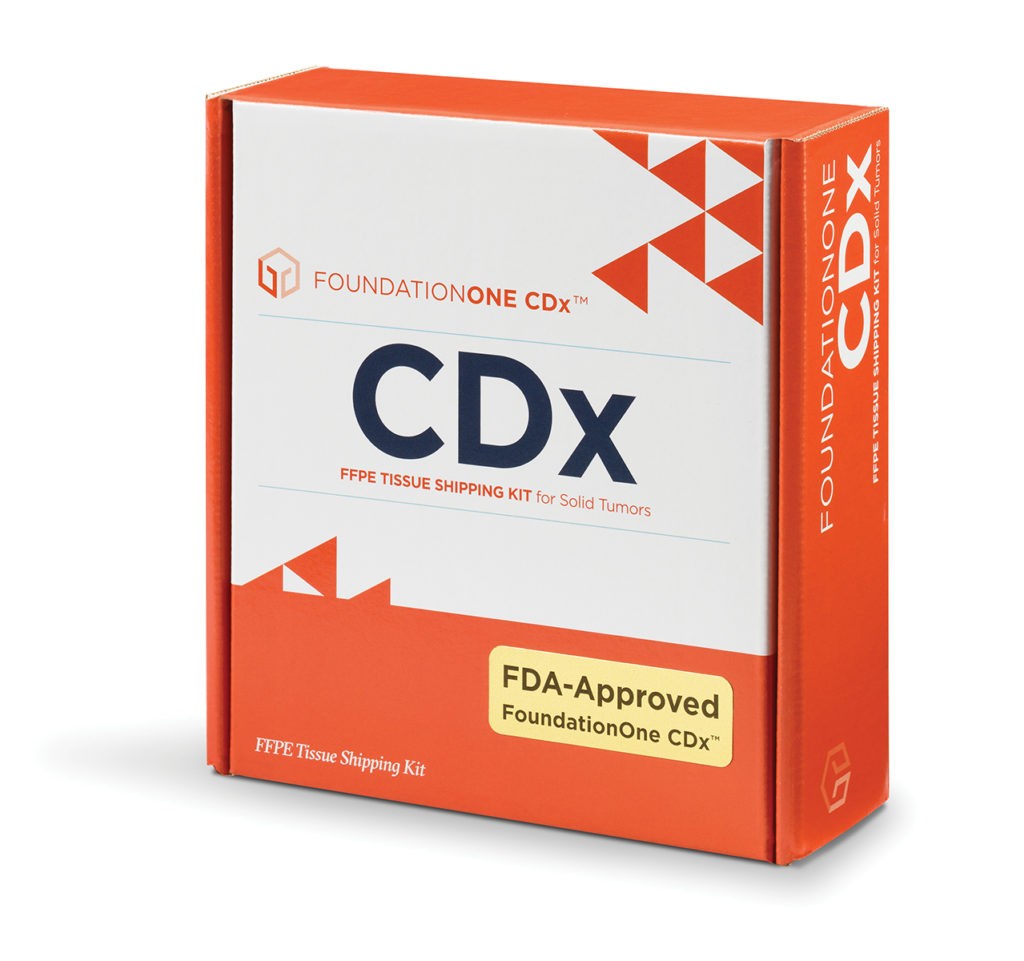 This past year, we saw several revolutionary advances in the research and treatment of cancer, including the U.S. Food and Drug Administration (FDA) approval of an immunotherapeutic to treat patients based on biomarkers rather than the site of tumor origin; the approval of the first CAR T-Cell immunotherapy; and the approval of a comprehensive next-gen companion diagnostic test to identify the right patients for the right molecularly targeted therapeutic.
This past year, we saw several revolutionary advances in the research and treatment of cancer, including the U.S. Food and Drug Administration (FDA) approval of an immunotherapeutic to treat patients based on biomarkers rather than the site of tumor origin; the approval of the first CAR T-Cell immunotherapy; and the approval of a comprehensive next-gen companion diagnostic test to identify the right patients for the right molecularly targeted therapeutic.
Immunotherapy has taken the battle against cancer in an entirely new direction, tricking the body’s own defenses into fighting the cancer from within. It has long been the aspiration, with the concept dating back to the 1970s. Today, we are seeing the vision come to fruition and saving lives.
In 2017, in the U.S. the FDA approved the FoundationOne CDx test, which can detect genetic mutations in 324 genes and two genomic signatures in any solid tumor type, and the first “biosimilar” cancer drugs, which have the potential to help drive down the costs of some cancer treatments, making them more accessible to patients.
We are Joining Forces
Cancer knows no borders and no barriers, and today we are breaking down those barriers that exist in early detection. Hairstylists look for signs of skin cancer on the head, neck, and ears; dentists look for signs of oral cancer, as well as many others that cross disciplines to make a difference in spotting the signs of cancer.
Advocacy and awareness campaigns make fighting cancer everyone’s job and this has positively impacted the outcome for countless patients.
We are Preventing Cancer
One of the most significant reasons we support cancer awareness is the power it has in prevention. Every day we are making advances in cancer prevention. Better screenings identify precancerous cells, increased awareness is helping to lower patient risk factors, and research has led to the development of preventative measures such as the HPV vaccine, which has proven to be revolutionary in the prevention of cervical cancer. Even simple measures such as proper food preparation to remove bacteria has proven to reduce the likelihood of stomach cancer. Today, we are preventing cancer better than ever before because we have a global overview of cutting-edge evidence to translate into practice.
There is Still More Work to Be Done
Lastly, we support World Cancer Day because though we’ve made such tremendous strides as a society, there is still so much to be done. While some see what is ahead as a seemingly impossible battle to win, we see the huge strides that have already been made in a relatively short time and use that to fuel our fervor for supporting future endeavors.
We also support World Cancer Day because we will not ever cease to support the medical community or the patient community it serves. As long as cancer exists, we will continue to labor alongside all those whom it touches.

